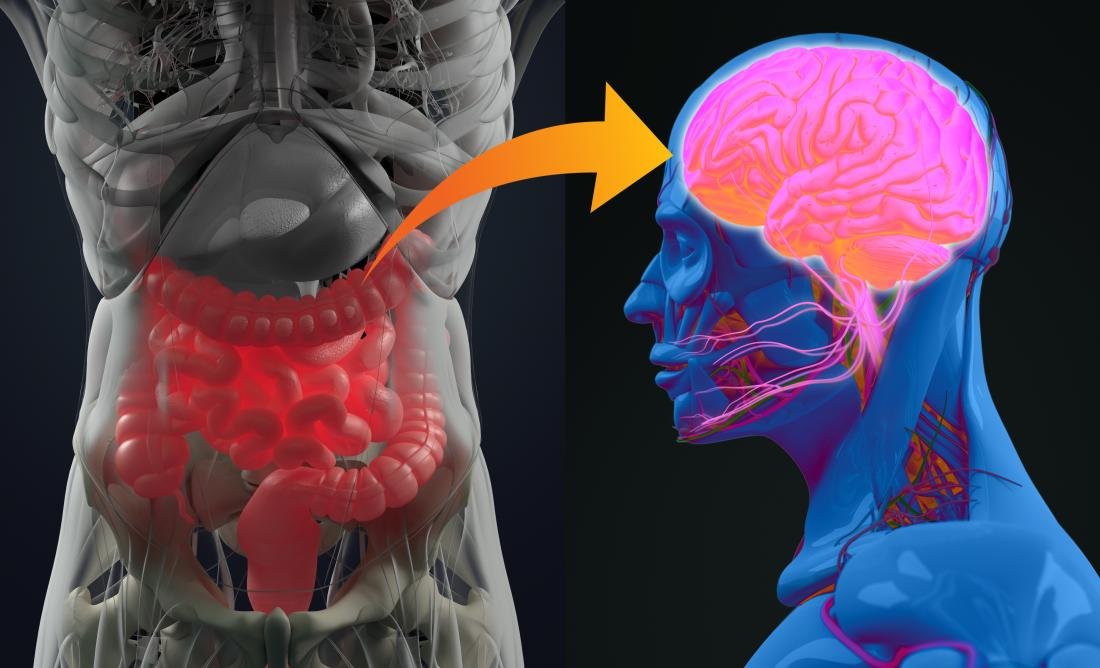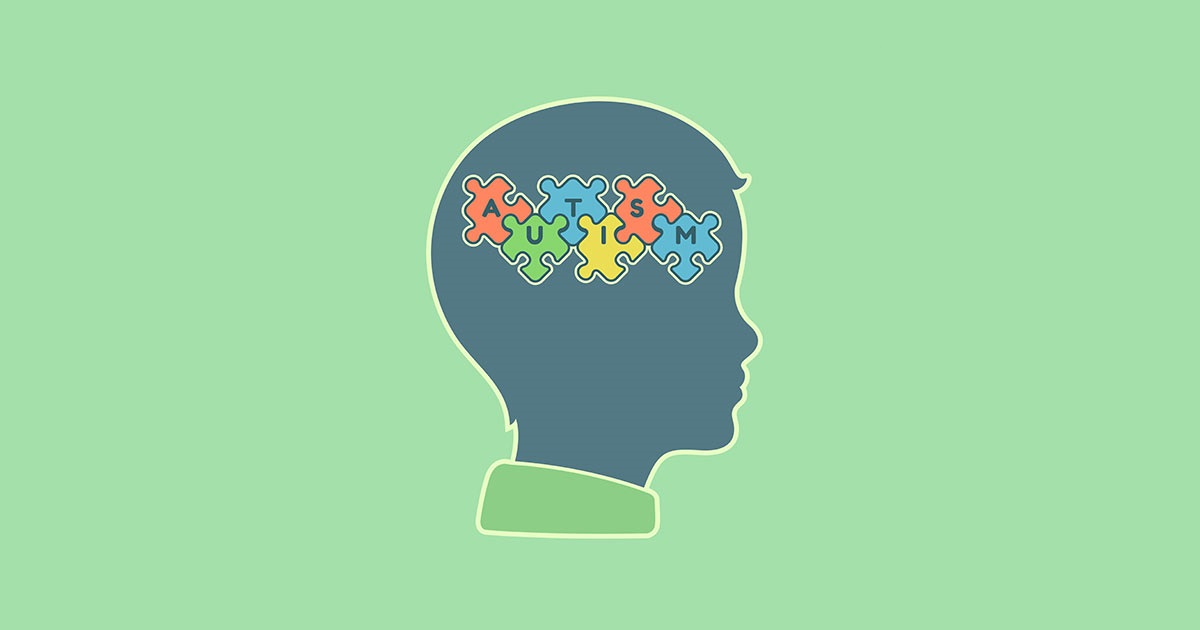
The condition of autism can be understood as a systematic body disorder that affects brain functioning. A harmful environment can trigger certain genes in individuals who are at risk of this condition. Abnormalities in physiological systems like immunity, gut function, and detoxification play a vital role in resulting in the behavioral and mood symptoms of autism spectrum disorder. The kids who are diagnosed with autism have smelly bowel movements, accompanied by a bloated stomach and frequent occurrences of cold and ear infections. And we should keep in mind that these are not coincidences. We have an understanding that the gut and brain are associated with one another, which gives us an explanation for why autism and overall health are improved through dietary changes and biochemistry.

What are the Causes of these Symptoms?
Overgrowth of Yeast
When there is a condition in which there is a yeast overgrowth in the body, the toxins then enter the bloodstream, which leads to the brain. This causes symptoms that range from spaciness to foggy thinking and behavior, which can be associated with drunken behavior.
Inflammation
Inflammation can result in the gut and brain areas, which are caused by the toxins. This results in pain, which can directly affect the behavior of the child. Behaviors ranging from self-injury to leaning over furniture, poking the eye, and headbanging are some of the common signs.
Detoxification
When detoxification is abnormal or less functioning, which is generally a common incident among individuals with autism, the toxins from the environment and foods can result in brain and cellular damage, aggression, and an irritable mood.
Poor Digestion
When the gut health is bad and the digestion is poor. The nutrients that are supposed to be absorbed in the body at accurate levels cannot be absorbed properly. This results in nutrient deficiencies among these kids, which can directly affect cellular functions, including poor brain functions.
How do We Fix This?
- To fix this problem, we can support the digestion system and biochemistry through changes in diet and nutrition. This can help us improve the symptoms of autism.
- Improvement of digestion and reduction of inflammation are key steps in overall health and well-being. If we remove foods that are more likely to inflame the God, like gluten, casein, soy, corn, and eggs, then the symptoms can be managed. What foods should be eliminated depends on the individual; however, gluten-free diets are very common and popular among people. Inflammation can also be caused by sugar and refined oils.
- Adding foods to the diet can lead to a healthy gut. Ginger, turmeric, flaxseeds, and walnuts are foods that have anti-inflammatory properties.
- Fermented foods like non-dairy yogurt, tender coconut kefir, and raw sauerkraut can aid in the supply of good bacteria, which results in a reduction of inflammation and helps create an environment that is healing.
- Addition of foods that increase beneficial bacteria levels in the body. Prebiotics are foods, often rich in soluble fiber, that support good bacteria and increase the concentration levels in the gut. These foods include asparagus, bananas, beans or legumes, chicory root, garlic, honey, kefir or yogurt, leeks, onions, and peas. Butyric acid can be explained as a short-chain fatty acid (often produced by good bacteria from the consumption of soluble fiber), found in butterfat and ghee, that helps nourish the intestinal lining.
- Addition of supplementation. It can be hard and challenging to get the requisite therapeutic levels of nutrients through food. This can be solved by adding vitamins, minerals, fatty acids, or amino acids that can help boost needed nutrients.

Nutrient-Rich Food for Children with Autism
- Beta carotene and Vitamin A: Carrots, sweet potatoes, apricots, winter squash, pumpkin, mango, kale, spinach, broccoli, butter/ghee.
- Vitamin C: Sweet potato, winter squash, broccoli, and leafy greens.
- Vitamin B6: Sunflower seeds, pistachios, walnuts, lentils, grains and beans, rice bran
- Folic acid: Beans, rice germ, asparagus, broccoli, and bananas.
- Omega 3: butter or ghee, flax seeds, hemp seeds, walnuts
- Zinc: Pumpkin seeds, nuts, legumes, ginger and oats.
- Magnesium: Sweet potato, winter squash, broccoli, leafy greens, seaweed, whole grains, nuts, and legumes.
- Calcium: Broccoli, leafy greens, winter squash, seaweed, and nuts.


.png)


